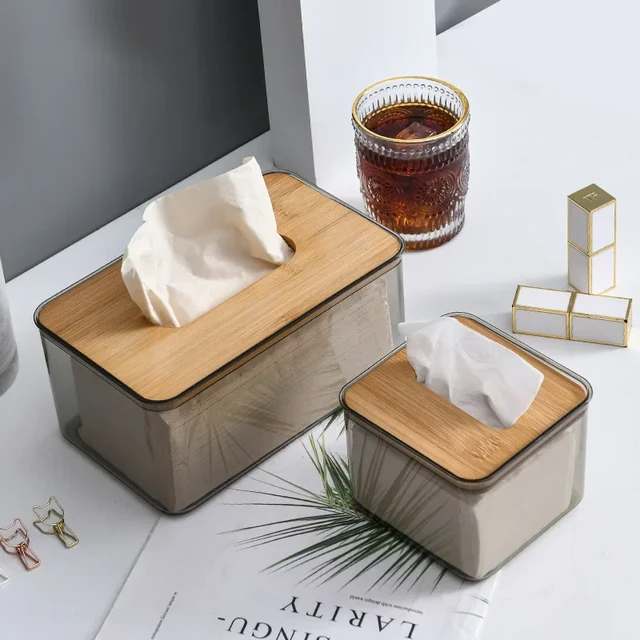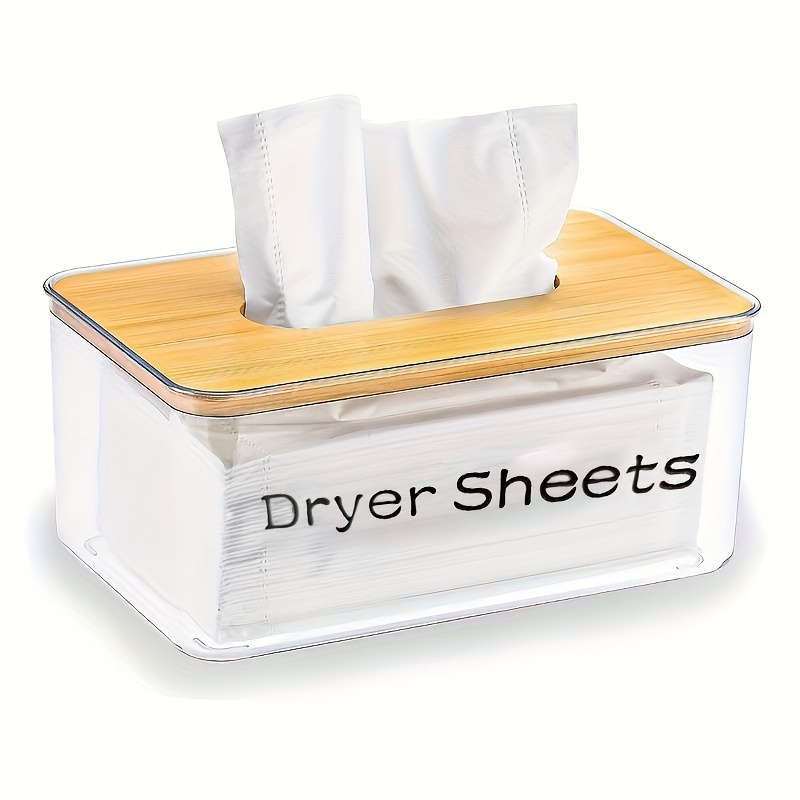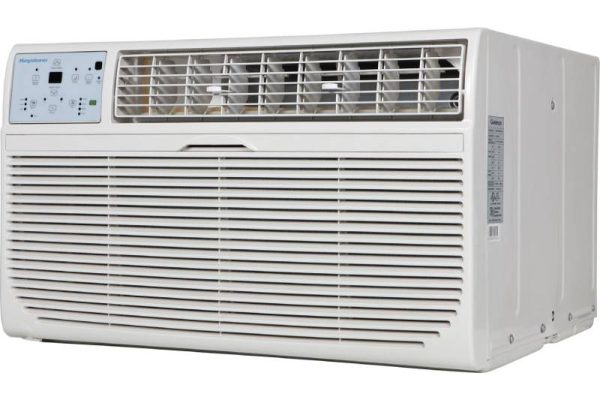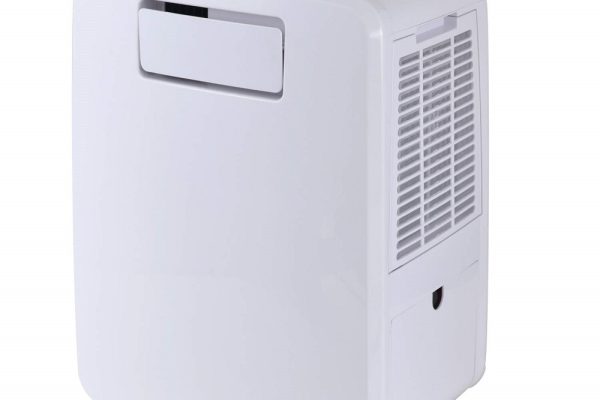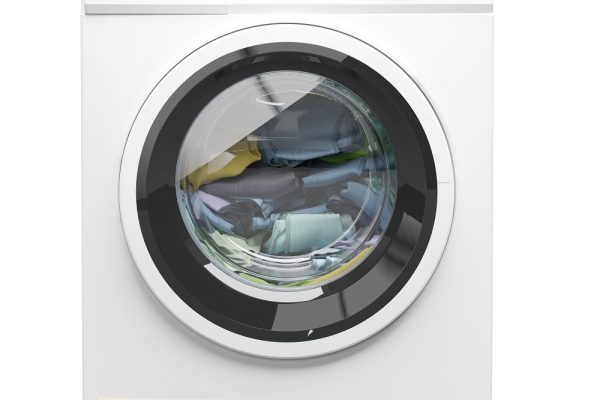When it comes to doing laundry, one question often arises: do you need to use dryer sheets? This seemingly simple query opens a floodgate of opinions, research, and personal experiences. Dryer sheets have become synonymous with soft, fresh-smelling laundry, but are they truly necessary? In this comprehensive article, we will delve deep into the role of dryer sheets and assess whether they are an indispensable part of your laundry routine.
What Are Dryer Sheets?
Dryer sheets are fabric sheets coated with softening agents and fragrance. When placed in the dryer, they reduce static cling, soften fabrics, and impart a pleasant scent to your clothes. The primary ingredients in sheets often include:
- Cationic Surfactants: These are the softening agents that help reduce static electricity.
- Fragrance: Added to give a pleasant smell and mask any odors.
- Other Chemicals: Some dryer sheets may contain additional chemicals, such as dyes or preservatives, for added performance.
These sheets are designed to be used in the dryer cycle, where the heat activates the ingredients, allowing them to cling to your laundry.
Benefits of Using Dryer Sheets
Reducing Static Cling
One of the most cited benefits of using dryer sheets is their ability to combat static electricity. Static is particularly troublesome in dryer settings, as it can make clothes cling together, making them difficult to fold and wear. Sheets work by coating the fibers of your clothing with lubricants that help prevent Static cling.
Softening Fabrics
Another advantage is that dryer sheets can soften fabrics, giving them that cozy feel. The softening agents present in sheets coat the fibers of fabrics, making them feel smoother against the skin. This can enhance the overall feel of items like towels, sheets, and clothing.
Adding a Pleasant Fragrance
Most people appreciate the fresh smell of laundry dried with dryer sheets. The added fragrance can evoke feelings of cleanliness and comfort. For many, the scent serves as a psychological cue that prompts feelings of home and relaxation.
Saving Time
Dryer sheets can also help reduce drying time. By keeping clothes from clinging to one another, they allow for better airflow within the dryer, which can potentially speed up the drying process.
Reducing Wrinkles
By helping clothes glide more smoothly against one another, dryer sheets can also minimize wrinkles. This can be especially beneficial for items like dress shirts, slacks, or blouses, which often require ironing to look their best.
Are There Alternatives to Dryer Sheets?
While dryer sheets are popular, they are not the only option for achieving similar results. In fact, several alternatives exist that can replace or complement their function.
Dryer Balls
Dryer balls are becoming an increasingly popular alternative to dryer sheets. Made from materials like wool or rubber, dryer balls tumble between clothes in the dryer, preventing static and softening fabrics without any chemicals.
Benefits of Dryer Balls
- Chemical-Free: They are a natural option for those concerned about the chemicals found in traditional dryer sheets.
- Reusable: Dryer balls can last for hundreds of dryer cycles, making them a more cost-effective solution.
- Environmentally Friendly: Using dryer balls can reduce landfill waste, especially compared to single-use dryer sheets.
Vinegar
Many people advocate using vinegar as a natural fabric softener in dryers. By adding a cup of distilled white vinegar to a dryer-safe container, you can help achieve similar results to dryer sheets.
How Vinegar Works
- Softening Agent: Vinegar helps to dissolve detergent residues and softens the fabrics.
- Static Reduction: It effectively reduces static cling as well.
Baking Soda
Baking soda is another affordable and eco-friendly alternative. It can be used in the wash cycle to help soften fabrics and reduce odors.
Benefits of Baking Soda
- Odor Neutralizer: Baking soda absorbs and neutralizes odors, eliminating the need for fragrance in some cases.
- Non-Toxic: It presents a safe option for households with children or pets.
Potential Drawbacks of Using Dryer Sheets
Despite the many advantages of using dryer sheets, there are several drawbacks that should also be considered.
Allergies and Skin Sensitivities
Some people report skin irritations or allergic reactions from using scented sheets. The chemicals and fragrances can cause discomfort or exacerbate existing allergies and respiratory problems. It’s important to consider the ingredients and choose hypoallergenic options if you have sensitivities.
Build-Up on Fabrics
Over time, sheets can lead to a build-up of chemicals on fabrics, affecting their absorbency and feel. This is particularly problematic for towels or athletic wear, which rely on their ability to absorb moisture.
Environmental Concerns
The environmental impact of sheets cannot be overlooked. Many conventional sheets contain synthetic chemicals that are not biodegradable, contributing to landfill waste. Moreover, the fragrances can add to air pollution both inside and outside the home.
Preparing Your Laundry Without Dryer Sheets
If you’ve decided to forgo dryer sheets, there are plenty of strategies you can employ to maintain the quality of your laundry.
Optimize the Wash Cycle
Choosing the right laundry detergent and using a shorter wash cycle can help maintain fabric quality. Make sure not to overload your washing machine; this ensures optimal washing and rinsing.
Use the Right Drying Techniques
Utilizing appropriate drying techniques can make a significant difference in how your clothes feel and smell after washing.
Avoid Over-Drying
Over-drying clothes can lead to static, so it’s essential to pull them out just before they’re entirely dry. This also helps minimize wrinkles.
Make Use of Line Drying
Whenever possible, consider line-drying your laundry outdoors. This method not only reduces the need for dryer sheets but also springs fresh scents into your clothes naturally.
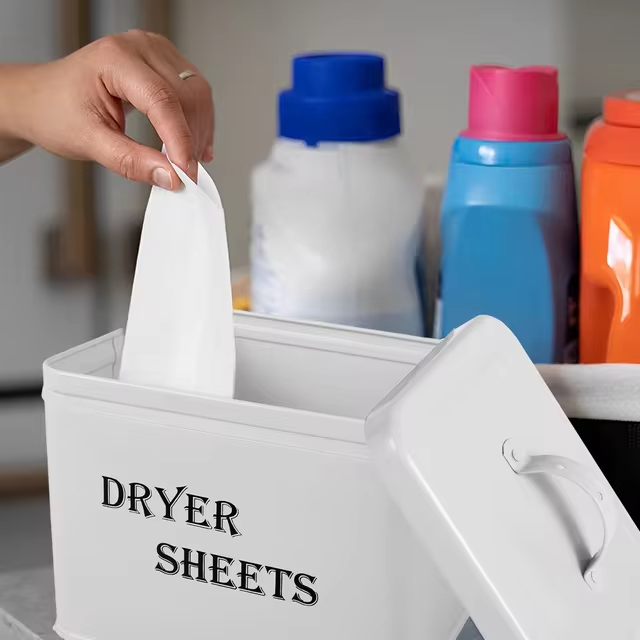 When You Might Need Dryer Sheets
When You Might Need Dryer Sheets
Despite some drawbacks, there are situations in which using sheets can be beneficial.
In Humid Climates
In particularly humid environments, static cling can be a prominent issue. sheets can help mitigate this problem and keep clothes looking neat and tidy.
When Dealing with Synthetic Fibers
Synthetic fabrics tend to attract static more than natural fibers. If you frequently wash clothing made from polyester or nylon, sheets may be practical to eliminate cling.
For Long-Term Storage of Clothes
For items stored away for an extended period, sheets can help maintain freshness and repel insects, making them an excellent choice for storing seasonal clothing.
Environmental Impact of Dryer Sheets
When debating whether to use sheets, it’s essential to consider their environmental impact. Traditional sheets are typically disposable and plastic packaging contributes to landfill waste. If you are environmentally conscious, you may want to examine not just your laundry habits but also the footprint they leave behind.
Sustainable Brands
In recent years, several companies have emerged that focus on producing eco-friendly sheets. These brands often utilize plant-based ingredients and biodegradable materials. Exploring these products can be a good middle ground if you enjoy the benefits of sheets but want to minimize your eco-footprint.
Conclusion
So, do you need to use dryer sheets? The answer largely depends on your personal preferences, concerns about chemicals, and environmental considerations. While they offer undeniable benefits such as static reduction, fabric softening, and pleasant scents, there are equally effective alternatives that do not carry the same potential drawbacks. Ultimately, the decision lies in understanding your laundry needs and making a choice that aligns with your values and comfort levels.
By understanding the pros and cons of sheets and weighing them against alternative options, you can make an informed decision that suits your laundry routine and lifestyle.
